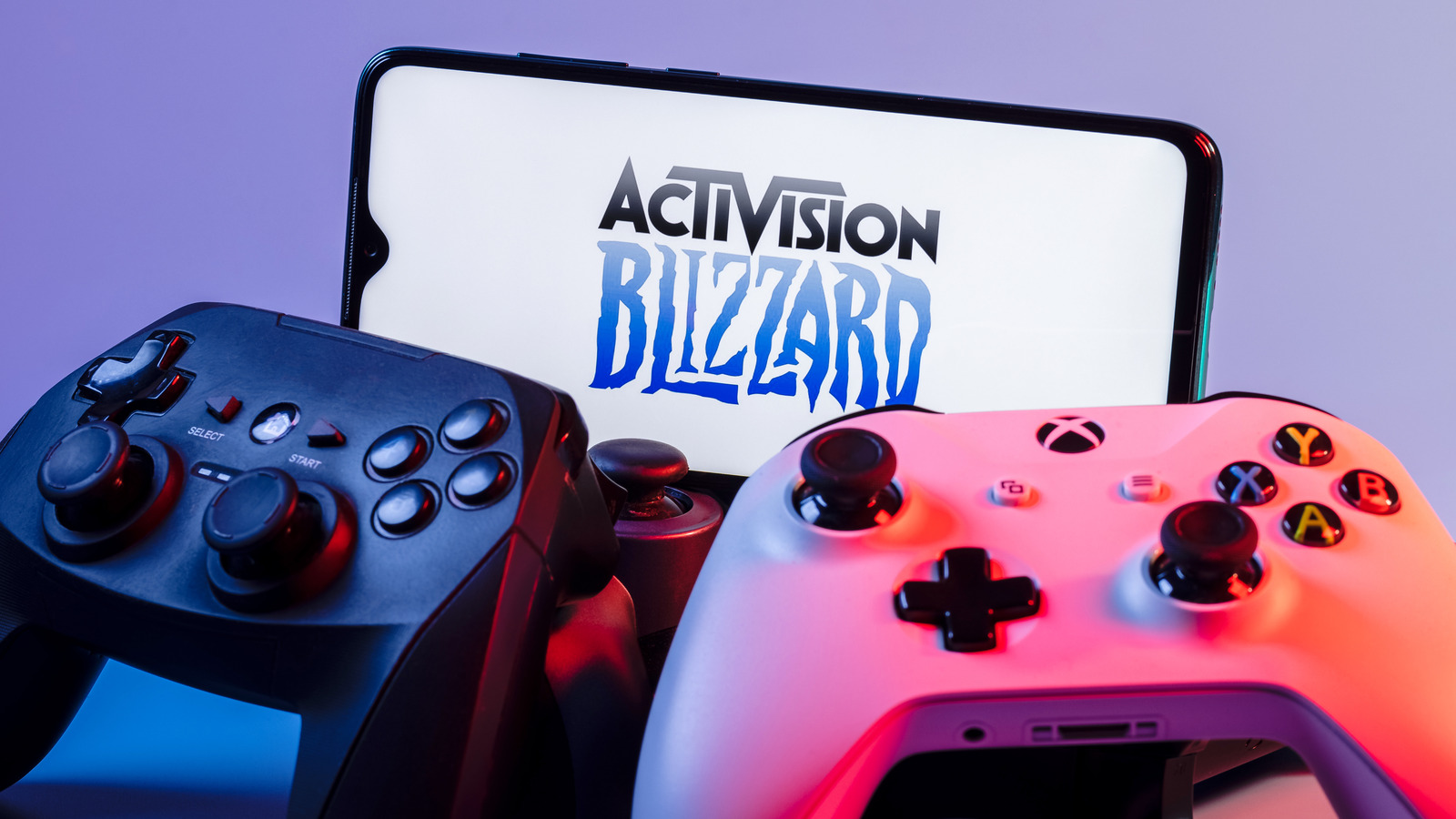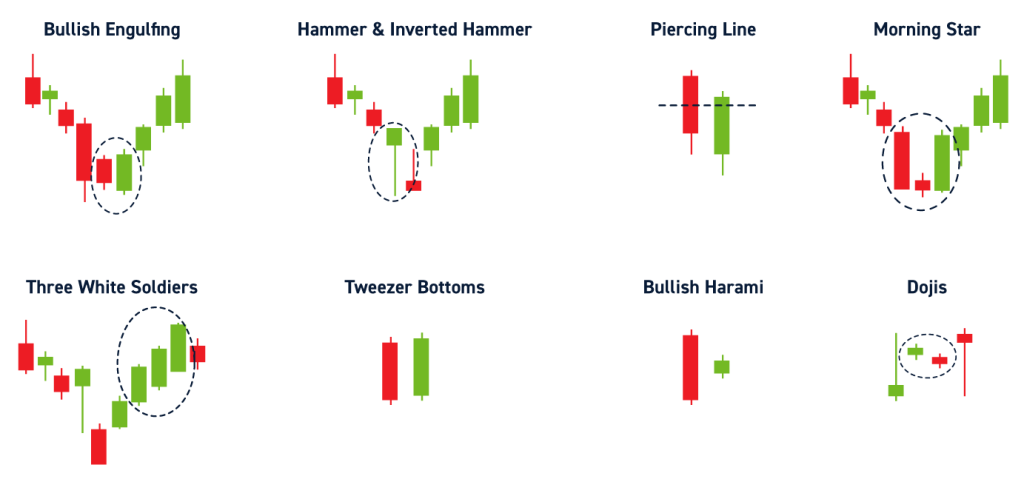FTC Appeals Activision Blizzard Acquisition Ruling: What's Next?

Table of Contents
The FTC's Arguments Against the Acquisition
The FTC's antitrust lawsuit centers on concerns about Microsoft's potential to stifle competition, particularly concerning the immensely popular "Call of Duty" franchise. The commission argues the acquisition would harm consumers by limiting choice and potentially increasing prices. Their arguments are built upon several key pillars:
-
Call of Duty Dominance: The FTC highlights "Call of Duty's" market-leading position, arguing that Microsoft could leverage its ownership to exclude competitors, potentially making it unavailable on rival platforms like PlayStation or even making it exclusive to Xbox Game Pass. This would give Microsoft an unfair competitive advantage, stifling innovation and potentially harming consumers who rely on diverse gaming experiences.
-
Market Dominance Concerns: The FTC claims the merger would significantly increase Microsoft's market power in several key areas, including console gaming, cloud gaming, and PC gaming, allowing for predatory practices that would harm smaller competitors. They argue that Microsoft's existing dominance in cloud gaming, combined with Activision Blizzard's significant market share, creates a scenario ripe for anti-competitive behavior.
-
Anti-Competitive Behavior Claims: The FTC asserts that Microsoft's past actions and intentions demonstrate a pattern of anti-competitive behavior, citing instances where Microsoft has allegedly utilized its market power to disadvantage competitors. These claims are supported with specific examples presented in their legal filings.
-
Injunction Request: To prevent the acquisition from proceeding and the potential harms from materializing, the FTC has requested an injunction to block the merger until the appeal is resolved. This injunction would effectively halt the acquisition process until the court makes a final decision.
Microsoft's Defense and Counterarguments
Microsoft vehemently refutes the FTC's claims, asserting that the acquisition will benefit gamers and promote competition. Their defense strategy focuses on several points:
-
Maintaining Call of Duty Availability: Microsoft has repeatedly pledged to continue offering "Call of Duty" on PlayStation and other platforms, emphasizing their commitment to a multi-platform approach. They've even offered long-term contractual agreements to Sony to ensure continued access to the franchise.
-
Promoting Competition, Not Stifling It: Microsoft argues the acquisition will actually increase competition by expanding access to games through Xbox Game Pass and enhancing cloud gaming capabilities. They position themselves as enhancing consumer choice, not limiting it.
-
Investment in Cloud Gaming: Microsoft stresses its significant investment in cloud gaming, arguing that this technology will democratize gaming access and benefit consumers globally. They view the acquisition as accelerating this process and bringing more games to a broader audience.
-
Rebuttal of Predatory Practices: Microsoft counters the FTC's allegations of predatory practices by detailing its commitment to fair competition and arguing that the acquisition will not allow it to engage in anti-competitive behavior. They offer evidence to refute the specific examples cited by the FTC.
The Role of the Ninth Circuit Court of Appeals
The Ninth Circuit Court of Appeals will now undertake a judicial review of the lower court's decision. This process involves a detailed examination of the legal arguments presented by both sides. The court will consider relevant precedents and legal interpretations, potentially setting a significant precedent for future mergers and acquisitions in the tech industry. Several key aspects of this stage include:
-
Appeal Process: The FTC's appeal will involve submitting detailed legal briefs, potentially oral arguments before the judges, and a thorough review of the evidence presented in the lower court.
-
Timeline: The appellate process can be lengthy, with a timeline ranging from several months to over a year, depending on the complexity of the case and the court's schedule.
-
Ninth Circuit Precedent: The Ninth Circuit's past rulings on antitrust cases will play a critical role in shaping the decision. Understanding these precedents provides insight into how the court might approach the key issues presented in the Activision Blizzard acquisition case.
Potential Outcomes and Implications for the Gaming Industry
The outcome of the FTC's appeal holds significant implications for the gaming industry:
-
Successful Appeal: If the FTC's appeal is successful, the acquisition will be blocked, potentially altering the competitive landscape and delaying Microsoft's expansion strategy. This would send a strong signal about regulatory scrutiny of large-scale mergers in the tech industry.
-
Unsuccessful Appeal: A failed appeal would allow the acquisition to proceed, potentially leading to increased industry consolidation and raising concerns about market dominance and long-term pricing effects. This could reshape the industry's structure and influence future merger activity.
-
Broader Implications: Regardless of the outcome, this case has already highlighted the increasing regulatory scrutiny facing large tech mergers and acquisitions. It will likely influence future regulatory actions and prompt a closer examination of the competitive dynamics within the gaming sector. The impact on smaller game developers and publishers will be significant depending on the outcome. Pricing and availability of games could also be affected, either positively or negatively.
Conclusion
The FTC's appeal of the Activision Blizzard acquisition marks a pivotal moment for the gaming industry. The outcome will significantly influence the future of mergers and acquisitions, setting a precedent for future regulatory actions. The arguments presented by both sides underscore complex issues surrounding competition, market dominance, and the evolving landscape of video game distribution.
Call to Action: Stay informed about the FTC's appeal of the Activision Blizzard acquisition. Follow this blog for ongoing analysis and insights into this landmark legal battle and its lasting impact on the future of the gaming industry. Understanding the complexities of this case is vital for anyone interested in the future of Activision Blizzard, Microsoft, and the competitive forces shaping the gaming market.

Featured Posts
-
 Od Djevojcice Do Zene Rast Ella Bleu Travolte Kceri Johna Travolte
Apr 24, 2025
Od Djevojcice Do Zene Rast Ella Bleu Travolte Kceri Johna Travolte
Apr 24, 2025 -
 India Market Buzz Niftys Bullish Run Fueled By Positive Trends
Apr 24, 2025
India Market Buzz Niftys Bullish Run Fueled By Positive Trends
Apr 24, 2025 -
 Bold And The Beautiful Recap April 3 Liams Health Crisis After Major Bill Dispute
Apr 24, 2025
Bold And The Beautiful Recap April 3 Liams Health Crisis After Major Bill Dispute
Apr 24, 2025 -
 Examining Canadas Finances The Need For Fiscal Responsibility
Apr 24, 2025
Examining Canadas Finances The Need For Fiscal Responsibility
Apr 24, 2025 -
 Canadian Conservatives Vow To Lower Taxes Shrink Budget Deficits
Apr 24, 2025
Canadian Conservatives Vow To Lower Taxes Shrink Budget Deficits
Apr 24, 2025
